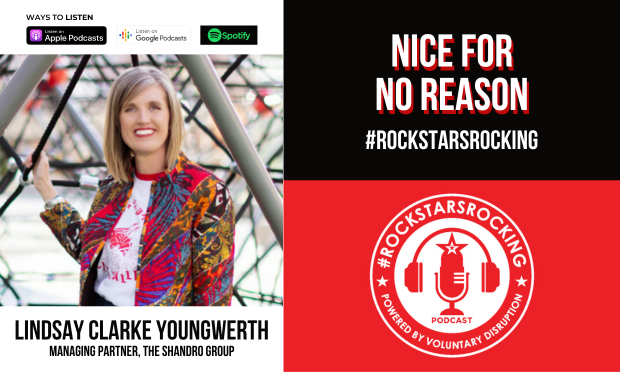According to a recent survey conducted by the Employee BenefitResearch Institute (www.ebri.org), a private, nonpartisan,nonprofit research institute that focuses on health, savings,retirement, and economic security issues, the importance ofbenefits as criteria in choosing jobs remains high among Americanworkers. Health insurance, in particularly, continues to be, byfar, the most important employee benefit to workers. This findinghas remained constant even following the enactment of the PatientProtection and Affordable Care Act of 2010 (PPACA), which hascontinued to raise questions about whether employers will continueto offer health coverage to their workers in the future.
|The EBRI survey also found that, in 2014, while the majority ofworkers were satisfied with the health benefits they now have,almost one-third (31 percent) expressed an interest in changing thecurrent mix of benefits and wages offered by their employers.
|In specific, 69 percent of American workers said they weresatisfied with the mix of wages and health benefits they currentlyreceived. Slightly more workers said they would give up healthbenefits to get higher wages (19 percent) than those who wouldtrade wages for health benefits (12 percent).
|Not only is health insurance important in general to employees,but they also appreciate the opportunity to have some choices."Choice of health plans is important to workers, and they wouldlike more choices," said Paul Fronstin, director of EBRI's HealthResearch and Education Program, and co-author of the report. "Butmost workers express confidence that their employers or unions haveselected the best available health plan, and they are not asconfident in their ability to choose the best available plan iftheir employers or unions did, in fact, stop offering coverage."That is, according to the survey, most individuals are not highlycomfortable that they could use an objective rating system tochoose health insurance. In addition, they are not extremelyconfident that a rating system could help them choose the besthealth plan.
|The EBRI survey also found that, if current tax preferences foremployment-based health benefits were to change, such that benefitswere to become taxable, almost half (47 percent) said that theywould continue with their current level of coverage. This is upfrom 40 percent in 2012.
|Among the remaining 53 percent of respondents, 26 percent saidthey would want to switch to a less costly plan provided by theiremployer, 20 percent said they would want to shop for coveragethemselves directly from insurers, and seven percent said theywould want to drop coverage altogether.
|The report, titled, "Views on Employment-Based Health Benefits:Findings from the 2014 Health and Voluntary Benefits Survey,"examined public opinion surrounding employment-based healthcoverage using data from the 2013 and 2014 Health and VoluntaryWorkplace Benefits Survey (WBS), conducted by EBRI and Greenwald& Associates. It also drew from historical data from the HealthConfidence Survey (HCI).
Complete your profile to continue reading and get FREE access to BenefitsPRO, part of your ALM digital membership.
Your access to unlimited BenefitsPRO content isn’t changing.
Once you are an ALM digital member, you’ll receive:
- Critical BenefitsPRO information including cutting edge post-reform success strategies, access to educational webcasts and videos, resources from industry leaders, and informative Newsletters.
- Exclusive discounts on ALM, BenefitsPRO magazine and BenefitsPRO.com events
- Access to other award-winning ALM websites including ThinkAdvisor.com and Law.com
Already have an account? Sign In
© 2024 ALM Global, LLC, All Rights Reserved. Request academic re-use from www.copyright.com. All other uses, submit a request to [email protected]. For more information visit Asset & Logo Licensing.








